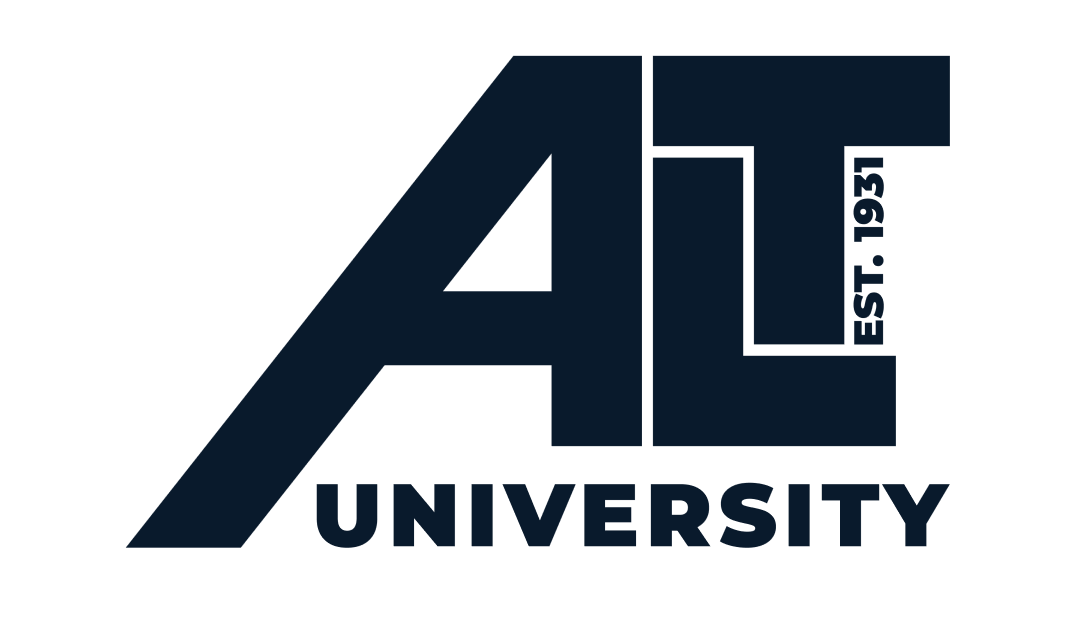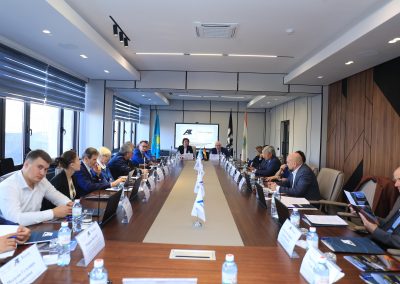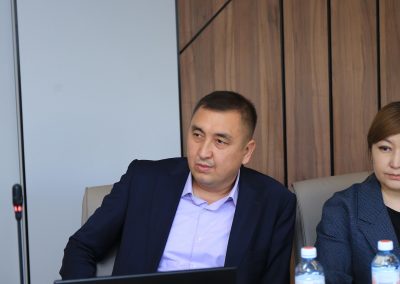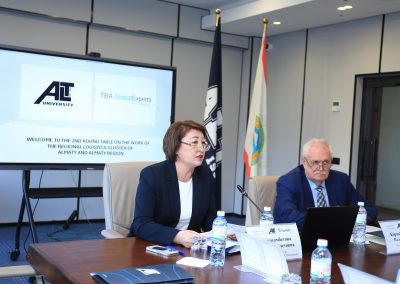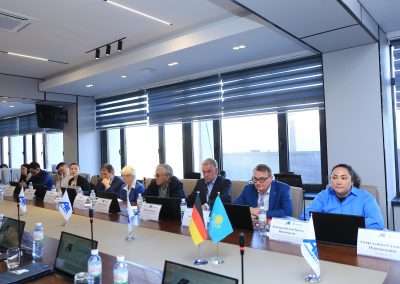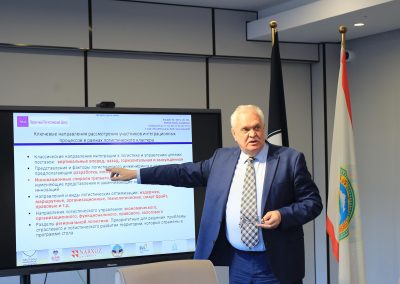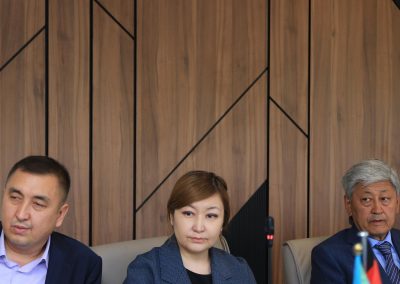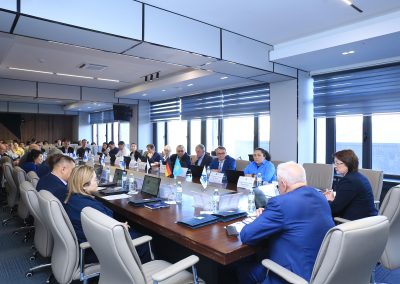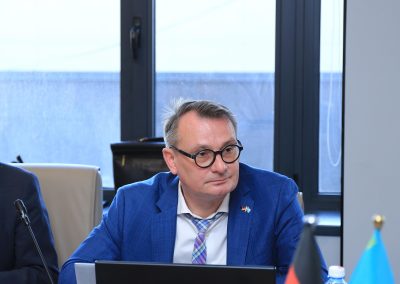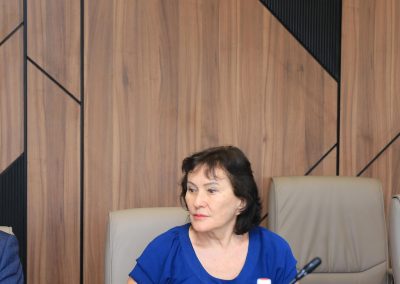On April 11, 2025, ALT University hosted the 2nd International Round Table, dedicated to one of the most relevant areas in economics and business — logistics solutions regarding the creation of a logistics cluster in Almaty and the Almaty region.
The creation of an effective logistics cluster is a key step in ensuring sustainable regional development and promoting the growth of international trade and investment. Almaty and the Almaty region have unique potential to become a logistics hub, and through joint efforts, we can unlock this potential.
The integrated session between business, science, and education representatives from Kazakhstan and Germany served as an important platform for discussing the creation of a logistics cluster in Almaty and the Almaty region. This contributes to the optimization of logistics processes, enhances the competitiveness of companies, attracts investment, and creates new jobs. Logistics clustering also helps improve infrastructure and fosters international cooperation in the field of transport and logistics.
Numerous examples from global practice confirm that the cluster-based form of production organization is among the most prepared for innovation. For example, Silicon Valley in California is a large cluster that brings together high-tech companies and universities. It hosts headquarters of companies such as Apple, eBay, Facebook, Google, and Intel. The main advantage of this cluster is that university graduates get prestigious jobs, and companies benefit from cutting-edge scientific developments.
Another example is the Tokyo-Yokohama cluster in Japan. According to the Global Innovation Index, this cluster was ranked the most innovative in 2022. It registered the highest number of patent applications. In Yokohama alone, a network of 26 universities, 180 research institutes, and 9,000 companies has been established to support the development of medicine.
There are many directions for integrating different enterprises: a creative cluster is a space where representatives of creative professions gather. In each cluster, people can work, sell their creations, establish useful contacts, collaborate more effectively with universities, share costs, exchange knowledge, access top-tier staff and suppliers, receive support from local authorities and the state, specialize by industry, and form associations of small and medium-sized enterprises.
The discussions held during our event will contribute to the development of new ideas and projects aimed at increasing logistics efficiency and integrating into global transport-economic chains.



